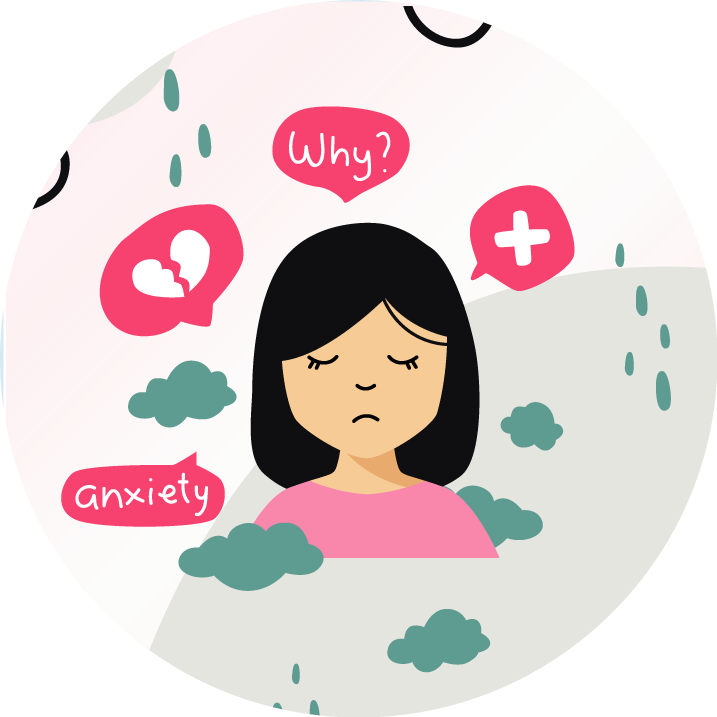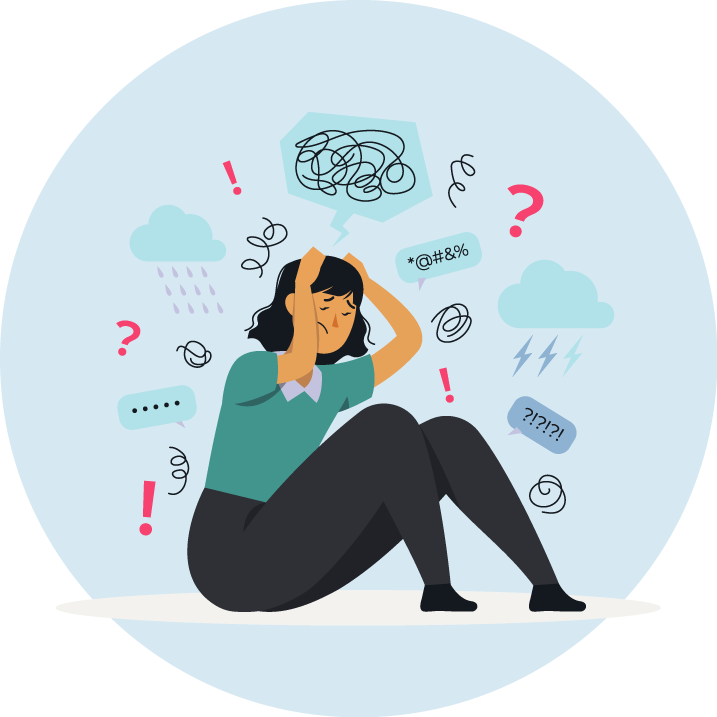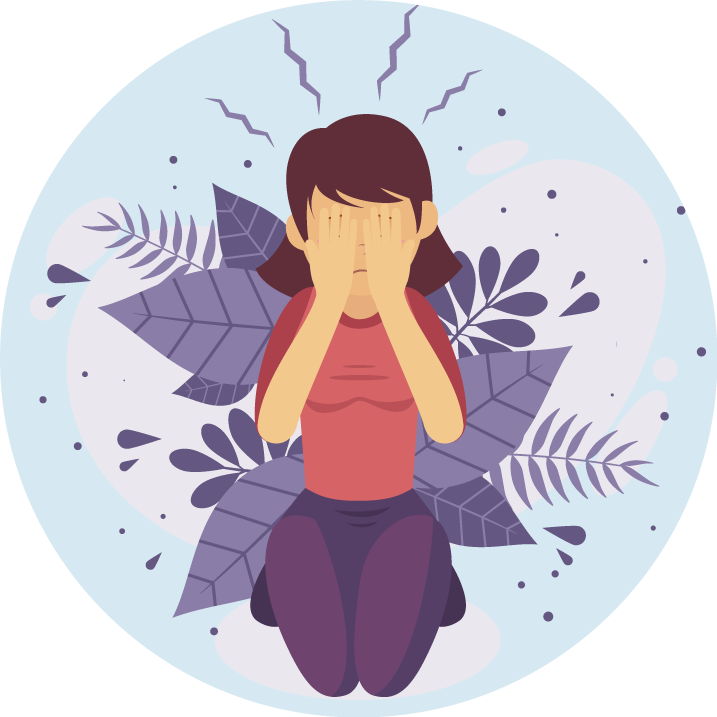Building Self-Trust After a Series of Toxic Dates

Building Self-Trust After a Series of Toxic Dates
September 24 2025 TalktoAngel 0 comments 16 Views
Navigating the modern dating world can feel like an emotional rollercoaster. And when you’ve been on a string of “toxic” dates, the ones that leave you feeling small, used, or confused, it’s easy to start doubting yourself. You might wonder, “What’s wrong with me?” or "What makes me keep drawing in these individuals?"
However, it's time to stop allowing others to lower your self-esteem. Restoring self-trust entails restoring your strength, learning from past experiences, and preparing for a more positive, joyous future.
1.Recognize and Affirm Your Emotions
Recognizing that you have been hurt is the first step in recovery. Don't discount those negative experiences. It's normal to experience anger, sadness, or a sense of betrayal. Maybe you feel embarrassed for staying in a situation that wasn't helpful for you.
Think of it this way: Your emotions are like a compass. If the needle is pointing to "pain," it’s telling you that something was wrong. Listen to that signal. Instead of judging yourself for how you feel, simply say, “This hurts. And that’s okay.” This simple act of self-validation is the first building block of self-trust. It shows yourself that your feelings matter.
2.Practice Radical Self-Compassion
When you're dealing with the aftermath of toxic dates, your inner critic can be incredibly loud. It might whisper things like, "You should have known better," or "You're too naïve." It's time to silence that voice with kindness.
Treat yourself the way you would treat a best friend who is going through the same thing. Would you blame them for being trusting? No. You would offer them a hug and remind them that they are a good person who deserves better. Give yourself that same grace. Acknowledge that you acted to the best of your capability based on the information. This act of forgiving oneself is essential for progressing onward.
3.Identify the Patterns, Not the Faults
After a series of bad dates, it’s helpful to do a little detective work, but with one key rule: you’re looking for patterns, not flaws. This isn't about blaming yourself for who you chose to go out with. It's about understanding what red flags you might have missed or what healthy boundaries you may have compromised.
4.Redefine Your Dating "Non-Negotiables"
Before you get back into the dating world, take some time to define your "non-negotiables." These aren't just a list of qualities you want in a partner (e.g., "must be funny" or "loves dogs"). They are the fundamental things you need to feel safe and respected.
5.Get Back to Your Core
Sometimes, after a series of difficult dates, you can lose sight of who you are. You might have bent over backward to please someone else or changed your personality to fit what you thought they wanted. Stop dating for a bit and reconnect with yourself. Do things that make you feel truly alive and joyful, without needing anyone else's approval.
This period of "solo dating" is vital. It reminds you that your happiness isn't dependent on another person. It rebuilds your foundation, making you feel whole on your own. When you feel complete, you'll be able to attract people who are also whole and who want to add to your life, not complete it.
6.How Professional Support Can Help You Heal
While friends and family are a great source of support, a mental health professional offers something different and incredibly valuable. If you find yourself struggling to move past these experiences, or if your self-doubt and anxiety feel overwhelming, consider reaching out to an online counseling platform or a counselor. Here's how they can help:
- A Safe, Neutral Space: A counselor provides a confidential space where you can share your deepest fears and frustrations without judgment. Unlike friends who might be biased, a therapist is a neutral party whose only agenda is your well-being.
- Identifying Root Causes: A professional can help you connect the dots between your past experiences and your current dating patterns. They can help you understand why certain "red flags" might not have seemed like a big deal to you before and why you may have struggled with setting boundaries. This deeper self-awareness is key to breaking the cycle and self-improvement.
- Developing Healthy Coping Mechanisms: A therapist can equip you with practical tools to manage the anxiety, stress, burnout, and low self-esteem that often result from toxic experiences. They can teach you techniques to calm your mind, challenge negative self-talk, and respond to triggers in a healthy way.
- Rebuilding a Healthy Self-Concept: Toxic relationships often leave you feeling worthless. Counselor can work with you to rebuild a strong and positive sense of self, helping you recognize your value and strengths. They can guide you through the process of rebuilding your self-esteem from the ground up, not based on external validation but on your inherent worth
7.Take a Small Step Forward
When you're prepared to re-enter the dating scene, begin with baby steps. The goal is not to find "The One" immediately away. The aim is to just have an enjoyable experience. And here’s the most important part: practice your new skills. Pay attention to how you feel. If you feel uneasy, trust that feeling and end the date politely. If you notice a red flag, listen to that intuition and don’t make excuses for it. Every time you listen to your gut and honor your boundaries, you are building a stronger muscle of self-trust.
Conclusion
Rebuilding self-trust isn’t about becoming cynical or closed off. It’s about becoming discerning. It's about learning to trust your own inner wisdom more than anyone else's opinion of you. You are worthy of a love that is respectful, kind, and nourishing. By restoring your confidence, you are paving the way to discover exactly that.
Contributed by: Dr (Prof.) R K Suri, Clinical Psychologist & Life Coach, & Ms. Swati Yadav, Counselling Psychologist
References
- Cloud, H., & Townsend, J. (1992). Topic: Boundary setting and personal responsibility. The book Boundaries: When to Say Yes, How to Say No to Take Control of Your Life.
- Neff, K. (2011). Topic: Self-compassion: The Proven Power of Being Kind to Yourself, Neff.
- Burns, D. D. (1980). Topic: Cognitive restructuring and challenging negative thoughts. The book Feeling Good: The New Mood Therapy.
Leave a Comment:
Related Post
Categories
Related Quote

“Remember: the time you feel lonely is the time you most need to be by yourself. Life's cruelest irony.” - Douglas Coupland

“Anxiety is a thin stream of fear trickling through the mind. If encouraged, it cuts a channel into which all other thoughts are drained.” - Arthur Somers Roche

"It is okay to have depression, it is okay to have anxiety and it is okay to have an adjustment disorder. We need to improve the conversation. We all have mental health in the same way we all have physical health." - Prince Harry

“You say you’re ‘depressed’ – all I see is resilience. You are allowed to feel messed up and inside out. It doesn’t mean you’re defective – it just means you’re human.” - David Mitchell, Cloud Atlas

“Depression is your body saying, ‘I don’t want to be this character anymore. It’s too much for me.’ You should think of the word ‘depressed’ as ‘deep rest.’ Your body needs to be depressed. It needs deep rest from the character that you’ve been trying to play.” - Jim Carrey
Best Therapists In India







































SHARE